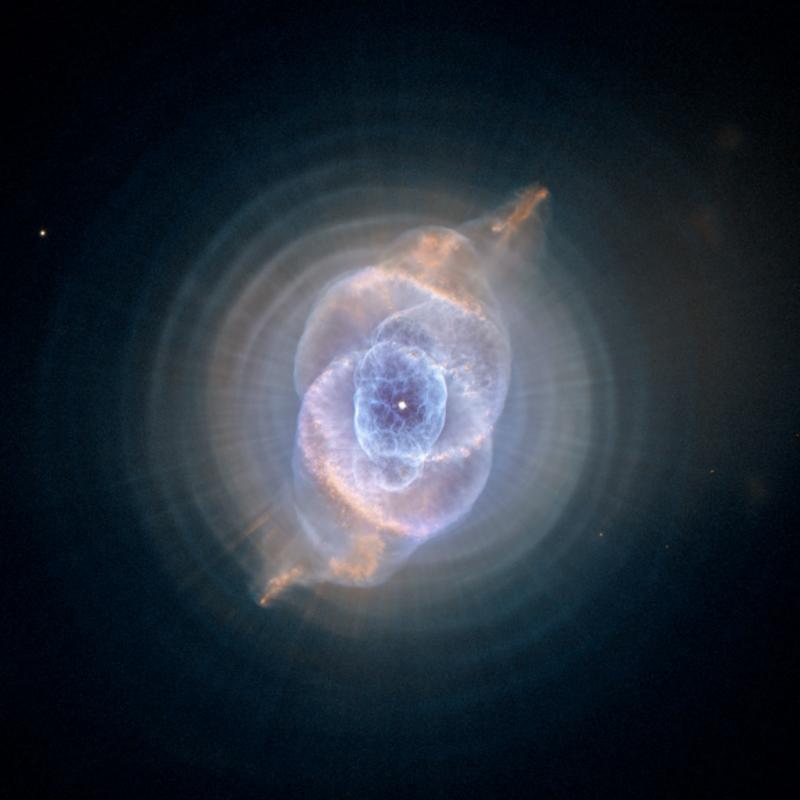Double Checking Our Data
By BellatrixScientists believe they have found the answer to a mystery about a thought to be nearby galaxy. The funny thing is this answer was found by rather serendipitously after finding out our current estimates for the distance of the galaxy were wrong.
The galaxy named NGC 1569 was a bit of a mystery. It is an irregular shaped dwarf galaxy, which isn’t in itself strange, but the galaxy was going through a burst of star formation with no discernable reason. The galaxy was forming stars much faster than any other galaxies in its nearby region. Well then we realized that the problem with that statement was not NGC 1569 itself but the galaxies we thought were nearby it.
Scientists recently pointed the Hubble Space telescope at NGC 1569 to scan for red giant stars. The astronomers were hoping to get an estimate of the galaxies age by looking for red giants, as red giants can be used as reliable standard candles for measuring distance since they all burn at the same known brightness. However, the astronomers were only able to see the brightest red giants, even using Hubble, the stars were too dim to be resolved. This fact lead astronomers to question the previous estimate for how far away the galaxy actually is. And now after looking at the data astronomers have realized the galaxy is actually about one and a half times farther away than previously thought, making it about 11 million light years away.
The problem was before this the galaxy had only been studied with ground based telescopes, which have much less resolving power than space based telescopes, which can make estimates less accurate. With this new information the galaxy’s star formation makes more sense. This distance puts the galaxy in the middle of a cluster of ten other galaxies. The gravitational interaction of the galaxies tugging on each other would be enough to explain the high rate of star formation we see in this galaxy.
So using Hubble we have answered yet another question, good ol’Hubble. However, this instance makes one wonder how many other numbers that we have for things like distance or mass etc might be inaccurate after only being studied by ground-based telescopes. How many things should we go back over with space-based telescopes to make sure? And how many mysteries or unexplainable phenomena might be answered by simply rechecking our data??
